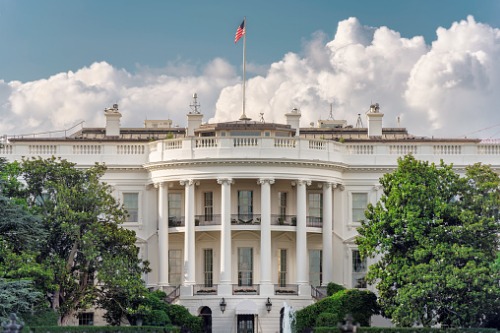
Omarosa claims she has secretly recorded conversations during her time as White House employee

by Rachel Ranosa
A former aide of US President Donald Trump has come forward with claims that she secretly recorded conversations at the White House, including one leading up to her own dismissal.
Omarosa Manigault Newman, who first came into the public eye after her stint on Trump’s reality TV contest ‘The Apprentice,’ was fired as special assistant to the president in December.
On Sunday, the former aide appeared on NBC’s ‘Meet the Press’ to air the recording of a conversation that allegedly took place between her and White House chief of staff, John Kelly.
“I think it’s important to understand that if we make this a friendly departure ... you can look at your time here at the White House as a year of service to the nation,” Kelly could be heard as saying. “Then you can go on without any difficulty in the future relative to your reputation.”
During the recorded exchange, Kelly cited “integrity violations” as the reason for Manigault Newman’s dismissal.
Manigault Newman, who claimed she had no regrets recording the conversation, said she did it to protect herself: “This is a White House where everybody lies.”
The revelation has led others to question whether it was appropriate for a member of the White House staff to record such confidential communications.
“You have a reasonable expectation of confidentiality and privacy in your conversations at your place of work,” Trump adviser Kellyanne Conway said in an interview with ABC.
White House Press Secretary Sarah Sanders described Manigault Newman as ‘disgruntled’.
“The very idea a staff member would sneak a recording device into the White House Situation Room, shows a blatant disregard for our national security – and then to brag about it on national television further proves the lack of character and integrity of this disgruntled former White House employee,” Sanders said.
We recently spoke to Stephen Wolpert, Partner at Whitten & Lublin, who shed light on whether or not employees should secretly record meetings.
“When employees record an employer or HR practitioner, the consequences at this stage are fairly unclear,” he told us. “It can go in dramatically different directions. For instance, if an employee records a conversation where their boss is clearly bullying them or discriminating against them, a Judge could easily turn around and praise the employee for recording the conversation as evidence. It could essentially tip the case in favour of the worker."